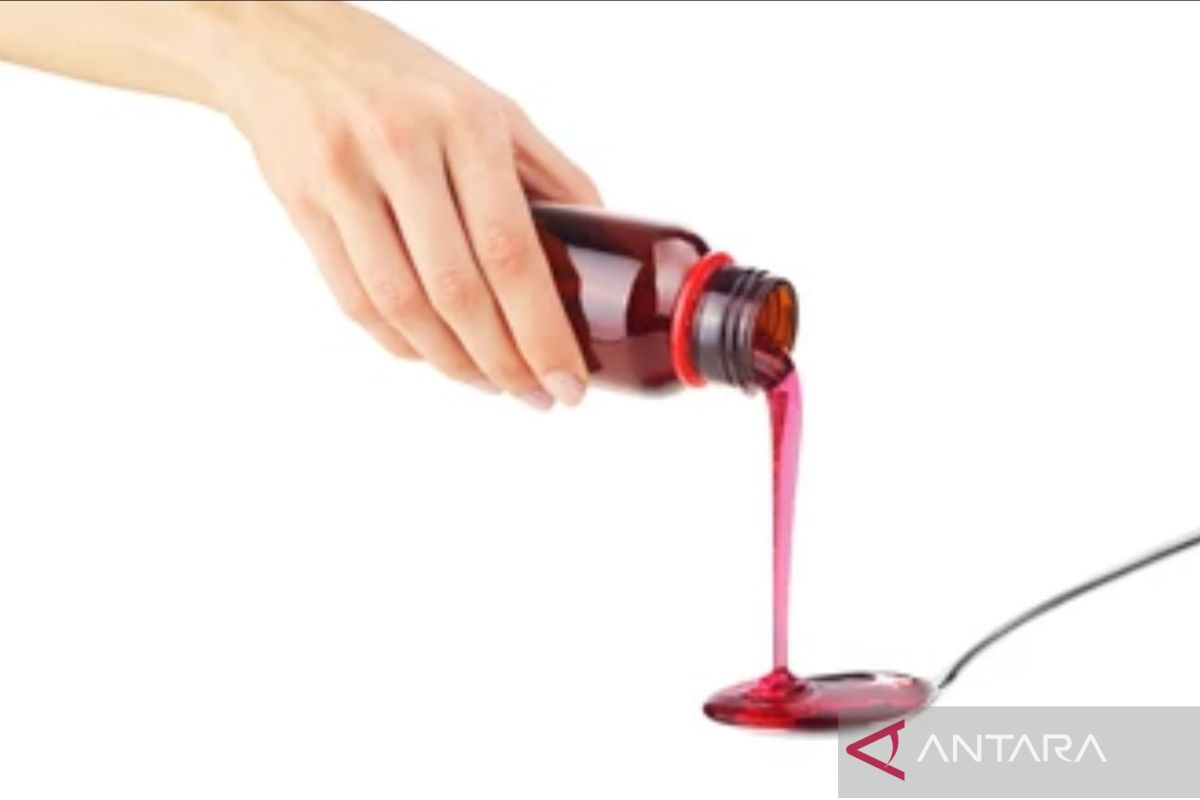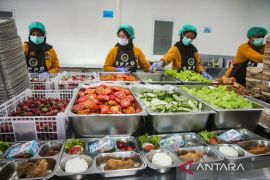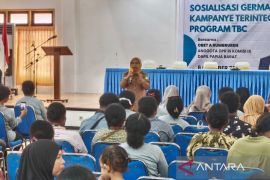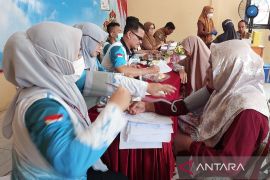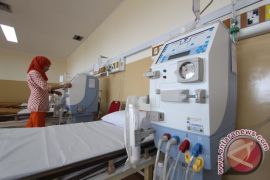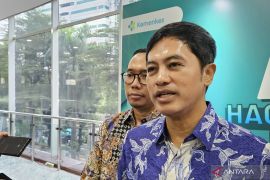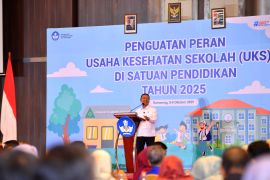"Currently, further tests are being conducted on drug samples and the patient's blood," the ministry's spokesperson, Mohammad Syahril, stated in Jakarta, Monday.
Syahril remarked that the other GGAPA cases recorded this year was one confirmed case and one suspected case reported by the Jakarta Health Service.
One confirmed GGAPA case was that of a one-year-old child. The chronology of the case began when the patient developed fever on January 25, 2023, and was given a fever-reducing syrup drug under the Praxion brand purchased at a pharmacy.
On January 28, 2023, the patient experienced cough, fever, and runny nose and was unable to urinate (anuria) and was then taken to the Pasar Rebo Health Center, Jakarta, for an examination. Three days later, the patient was referred to Adhyaksa Hospital.
Since the health authority found symptoms of GGAPA, the hospital decided to refer the patient to Cipto Mangunkusmo Hospital (RSCM), but the family refused and requested to go home.
On February 1, 2023, the parents brought the patient to the National Police Hospital and received treatment in the emergency room. The patient then started urinating.
At the same time, the patient was then referred to the RSCM for intensive care as well as for fomepizole therapy, but three hours later, the patient was declared dead at 23:00 local time, Syahril explained.
Related news: Praxion distribution halted over acute kidney injury investigation
The chronology of events experienced by the suspected patient bore similarity to that of a seven-year-old child, who had developed fever on January 26, 2023, and then took a syrup that was purchased independently to reduce the fever.
Four days later, the patient received fever-reducing tablets from the local community health center (puskesmas). On February 1, 2023, the patient went to the clinic and was given a concoction medicine. The next day, the patient was treated at Kembangan Hospital, then referred, and is currently still undergoing treatment at RSCM.
"At this time, further examination is being carried out regarding this patient," Syahril noted.
The Ministry of Health is working with the Indonesian Pediatric Society (IDAI), Food and Drug Supervisory Agency (BPOM), epidemiologists, Jakarta Regional Laboratory, pharmacologists, professors, and the National Police Laboratory Center, by conducting epidemiological investigations to address the exact causes and risk factors that lead to acute kidney problems experienced by these patients.
Earlier, the Health Ministry announced that the safe threshold for contamination of Ethylene Glycol (EG) and Diethylene Glycol (DEG) that are solvents used as raw material for Propylene Glycol drug syrup is set at less than 0.1 percent, while the safe threshold or Tolerable Daily Intake (TDI) for EG and DEG contamination in medicinal syrup does not exceed 0.5 mg/kg body weight per day.
If these raw materials exceed the provisions of the safe threshold, then there is a risk of triggering kidney damage that can result in acute kidney failure.
Related news: BPOM reveals names of two drug companies flouting material condition
Related news: BPOM announces 168 syrup drugs declared safe for distribution
Translator: Andi Firdaus, Resinta S
Editor: Yuni Arisandy Sinaga
Copyright © ANTARA 2023
